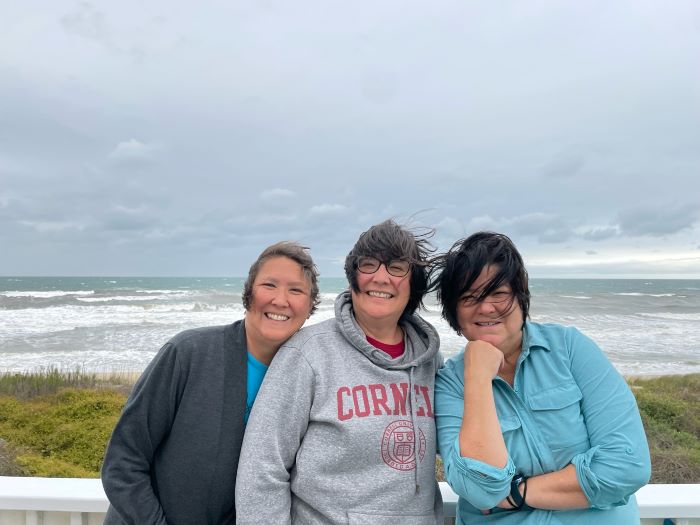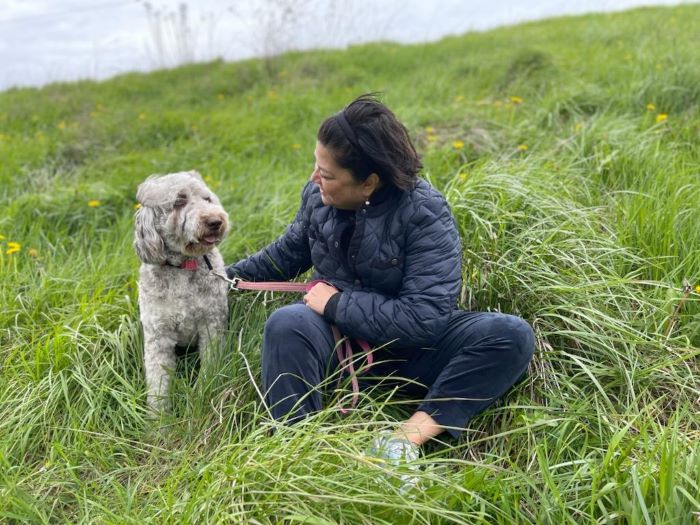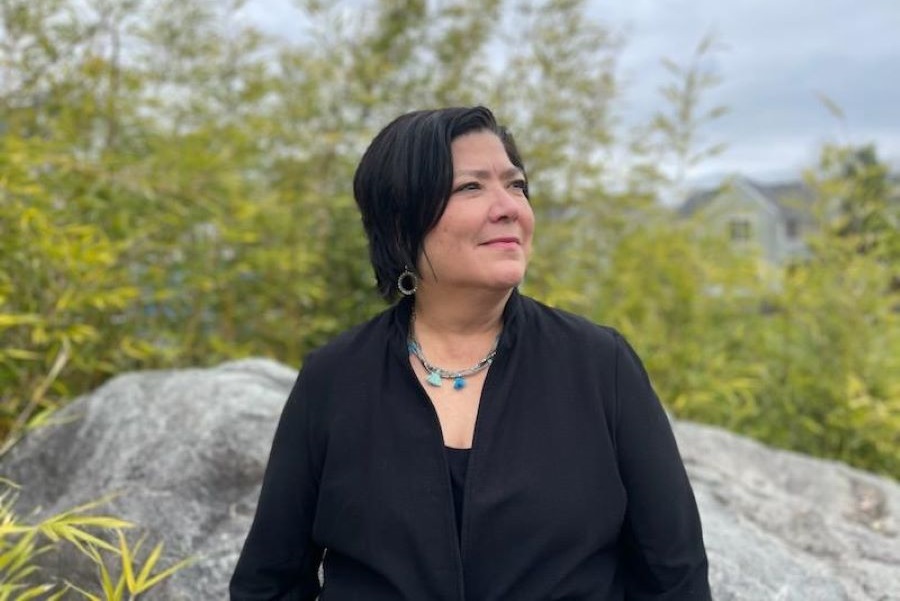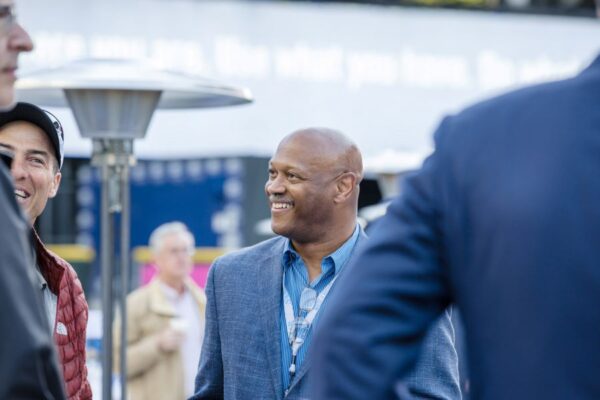New Leader, Same Commitment to Tackling Homelessness and Hunger
United Way of King County has a new leader for its homelessness and hunger work. Judith Summerfield, a Seattle resident and seasoned community services manager, brings more than 20 years of leadership in creating programs and providing resources for people living in marginalized communities. Judith hopes to continue United Way’s efforts to prevent homelessness and hunger in our county. We sat with Judith to chat with her about her new role and past experiences that included working with former United Way staff.
United Way of King County: Tell us about Judith Summerfield? Have you always lived in the Seattle area?
Judith Summerfield: My early life was along the coast of California, because my father used to be in the Navy—we lived in Coronado, Long Beach, Vallejo and San Francisco. My father is originally from Seattle and my mom is from the Philippines, in the Cebu region. My father went to Garfield High School and the University of Washington. After he retired from the Navy, we lived in Seattle for a year then we moved to Olympia, where I went to middle school and high school. I came to Seattle to go to the UW, and I never left. I’ve been a resident of Beacon Hill for the past 20 years.
United Way of King County: What guided you toward working with people living in marginalized communities?
Judith Summerfield: I think I am inspired by service. One of my first supervisors was of the Jewish faith and she shared with me a Hebrew phrase, “tikkun olam,” which means “repair the world,” to be responsible for the well-being of not just yourself but people around you as well. That is the embodiment of why I have been in the work I’ve been in for decades.
Judith’s new role as United Way’s senior director homelessness & poverty prevention aligns with her work as manager of homelessness intervention for the City of Seattle’s Human Services Department. Judith led a team that provided housing stability and food security for the city’s population experiencing homelessness. She also worked with local funders to improve systems to end homelessness and reduce hunger.
United Way of King County: That includes serving as program coordinator, Asian Counseling and Referral Services. That organization is now a member of the Racial Equity Coalition, a 14-member, United Way-supported coalition that has launched an after-school program to promote cultural identity and community involvement in children’s education.

Judith Summerfield: Yes, Theresa Fujiwara [former United Way associate vice president] was the executive director of ACRS when I worked there. After my work at ACRS, I enrolled in the Master of Social Work program at UW. I started looking for an internship, and I couldn’t find what I was interested in, which was building communities to support families and children. I had an interest in bi-cultural youth because of my own background.
One of my colleagues at ACRS recommended I speak to David Okimoto [former United Way senior vice president and board director] who was executive director at the Atlantic Street Center. I worked there around staffing an Asian American/Pacific Islander task force on youth. So, I definitely benefitted from leadership in the community throughout my career.
Most recently, Judith served as executive director of Sound Child Care Solutions, a Seattle-based nonprofit organization that creates culturally relevant educational support for all children via early learning centers. Judith worked with eight center directors and secured the purchase of property that housed a dual language early learning center. The latter move prevented the displacement of a facility that had served immigrant and refugee families for years.
United Way of King County: How have you incorporated that leadership into your work?
Judith Summerfield: There are particular things that I’ve learned, which is the importance of culturally relevant programming and that you can be tough and compassionate at the same time. I also learned simple things like, “Put it all on the first page because people might not turn the page,” and other ways to get a message across.
United Way of King County: What are some of the most impactful moments while working within city government to help solve our homelessness crisis?
Judith Summerfield: Wow, it was really intense. When you look at the streets today, [there’s] such incredible need. I really appreciate trying to figure out how to solve problems, and I went in thinking I would be able to have impact on homelessness in Seattle. The more I worked in the field the more I understood that people were relying on homelessness services—and all the investments in homelessness services—to fix homelessness. So, I’d be in city meetings I was asked, “Well, you’ve moved these people out of homelessness. How come there’s more people?”
I really started looking at the bigger picture of the structural racism and economic conditions that we live in, where housing needs to be profitable for many people investing in housing. These are things that certainly drive why we have homelessness; it’s a failure of many systems.
“I am very excited that Judy is bringing her depth and breadth of expertise to our work to prevent homelessness and poverty,” said Regina Malveaux, United Way of King County chief impact officer, who began her new role in February. “We have a group of highly dedicated and skilled staff committed to these issues and I’m excited to have Judy join our Community Services Team in providing leadership to this critical work.”
United Way of King County: What was one aspect of the homelessness-prevention work that made you say, “I had no idea about that”?
Judith Summerfield: There are so many a-has! I believe in advocacy and community advocacy. I think that the focus on people wanting more shelter beds was unusually political to me, because that wasn’t going to fix homelessness. There was a period of time of great hope in 2008 with the recovery package that the Obama administration put together that put funds in the streets for economic recovery, and we had a very large grant to prevent homelessness or once people became homeless to rapidly rehouse them. We definitely put more funding out for prevention, but I think it’s the systems that are going to be at work [to enact change].”

United Way of King County: In what ways can systems change and service go hand in hand to resolve the crisis?
Judith Summerfield: That’s the nature of the breakdown in systems, you have to help people while you’re building back those systems. We are centuries into this structural system that is not inclusive and you cannot turn that around right away. You still need to pay attention to the suffering that is going on now.





Comments